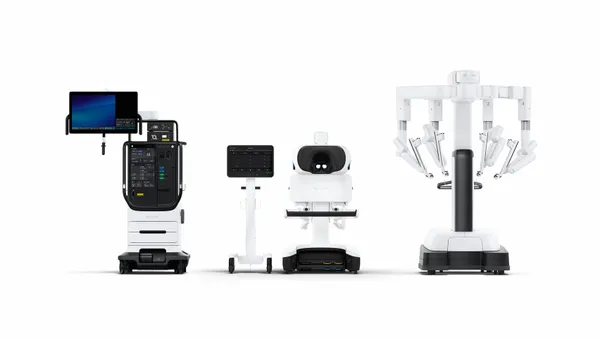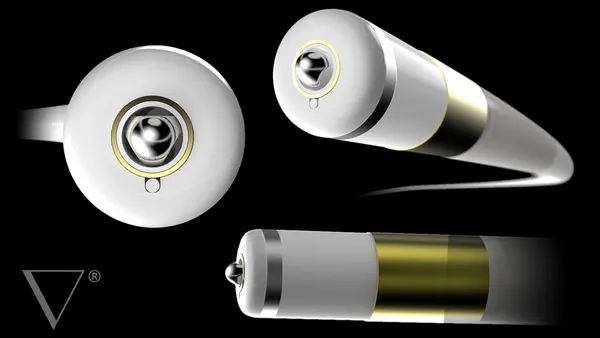Dive Brief:
-
Philip Morris has bought a developer of an inhaled treatment for acute myocardial infarction, continuing a flurry of acquisitions designed to move it beyond tobacco manufacturing and into healthcare.
-
The latest deal sees the manufacturer of cigarettes buying OtiTopic for its investigational inhaled aspirin product. OtiTopic is using a portable, single-use device to enable patients to quickly stop platelet aggregation upon the onset of symptoms.
- News of the takeover comes weeks after Philip Morris bought oral drug delivery specialist Fertin Pharma and entered into a bidding war to acquire inhaled medicine player Vectura. Philip Morris' interest in Vectura and healthcare more broadly has triggered pushback from health charities.
Dive Insight:
Philip Morris is aiming to generate more than 50% of its net revenues from smoke-free products by 2025. Vaping alternatives to cigarettes will account for some smoke-free sales, but Philip Morris wants at least $1 billion of its revenues to come from nicotine-free products. That goal has spurred a flurry of deals in the healthcare sector.
On Monday, Philip Morris disclosed its third move to buy a company in recent weeks. The takeover of OtiTopic gives Philip Morris control of a heart attack treatment that it expects to file for FDA approval next year.
The investigational product, branded Asprihale, is a dry-powder formulation of acetylsalicylic acid, the molecule better known as aspirin. The patient puts an aspirin capsule into the inhaler, closes the device and presses the buttons to deliver an inhaled dose of the anti-inflammatory drug.
After calling 911 with heart attack symptoms, patients may be advised to chew an aspirin. The advice reflects evidence the drug thins the blood and improves blood flow to the heart. Chewing, rather than swallowing, accelerates the onset of action.
OtiTopic is developing Asprihale as a way to further reduce the time it takes for aspirin to inhibit the aggregation of platelets. In a study of 19 healthy adults, Asprihale inhibited platelet aggregation in two minutes, compared to 20 minutes for the chewable aspirin. Buoyed by the data, OtiTopic outlined plans to move into a pivotal clinical trial.
The plan now is to wrap up development and file for approval via the 505(b)(2) pathway next year. The FDA pathway allows developers of new formulations of existing drugs to use data on approved products to support their filings. Philip Morris said it will "leverage its expertise and the capabilities of other companies in the Beyond Nicotine portfolio" to bring Asprihale to market.
The strategy reflects a belief that Philip Morris' knowledge of inhalation and aerosol delivery, and ownership of vaping technologies that can be repurposed to deliver substances other than nicotine, can support a move into healthcare. Philip Morris wants to strike takeovers to add to its expertise and capabilities.
Last month, Philip Morris made a £1 billion ($1.4 billion) bid for inhaled drug delivery specialist Vectura. The offer exceeded the value of an earlier bid made by Carlyle, a private equity group. Carlyle responded with a higher bid, only for Philip Morris to raise its own offer. The back and forth has led to plans to hold an auction from Aug. 11 to 17.
Philip Morris' interest in Vectura and healthcare more broadly has triggered pushback from health charities. In a statement, Michelle Mitchell, Cancer Research UK’s chief executive, said: "It's ironic that a tobacco company wants to invest in the lung health industry when their products are the biggest preventable cause of cancer, including lung cancer. If PMI really wanted to help, they could stop aggressively promoting and selling their products altogether."
The British Thoracic Society called for the takeover "to be prevented" because it will create an "unresolvable ethical conflict."












